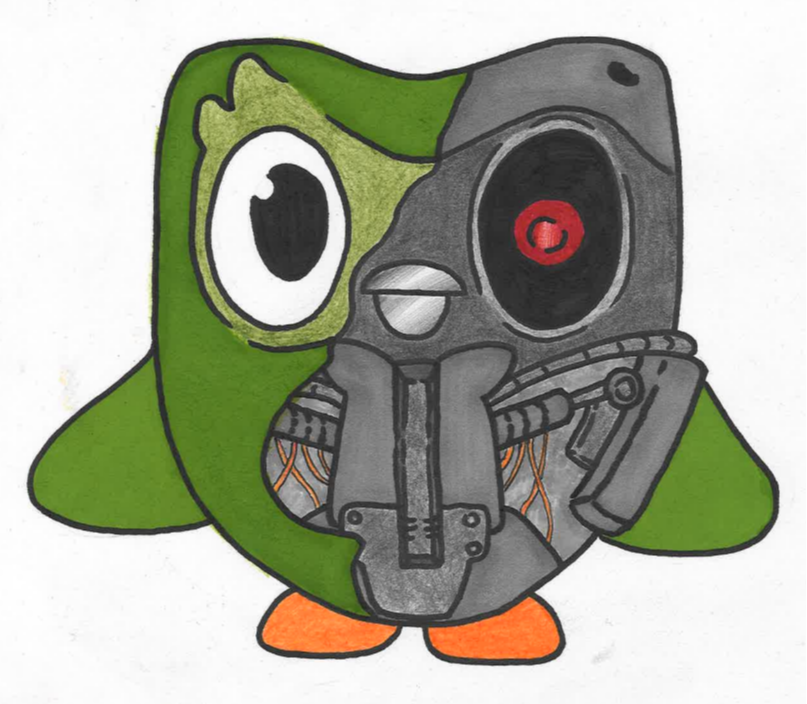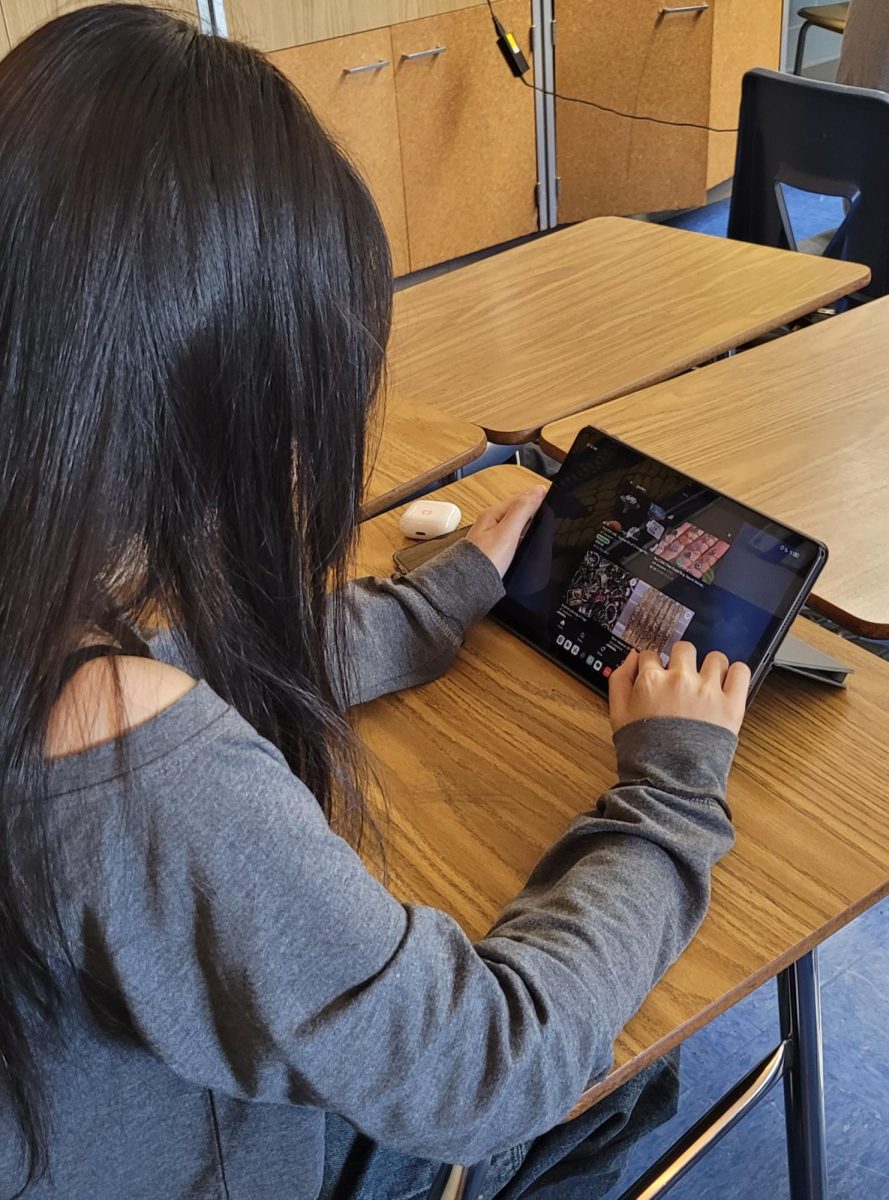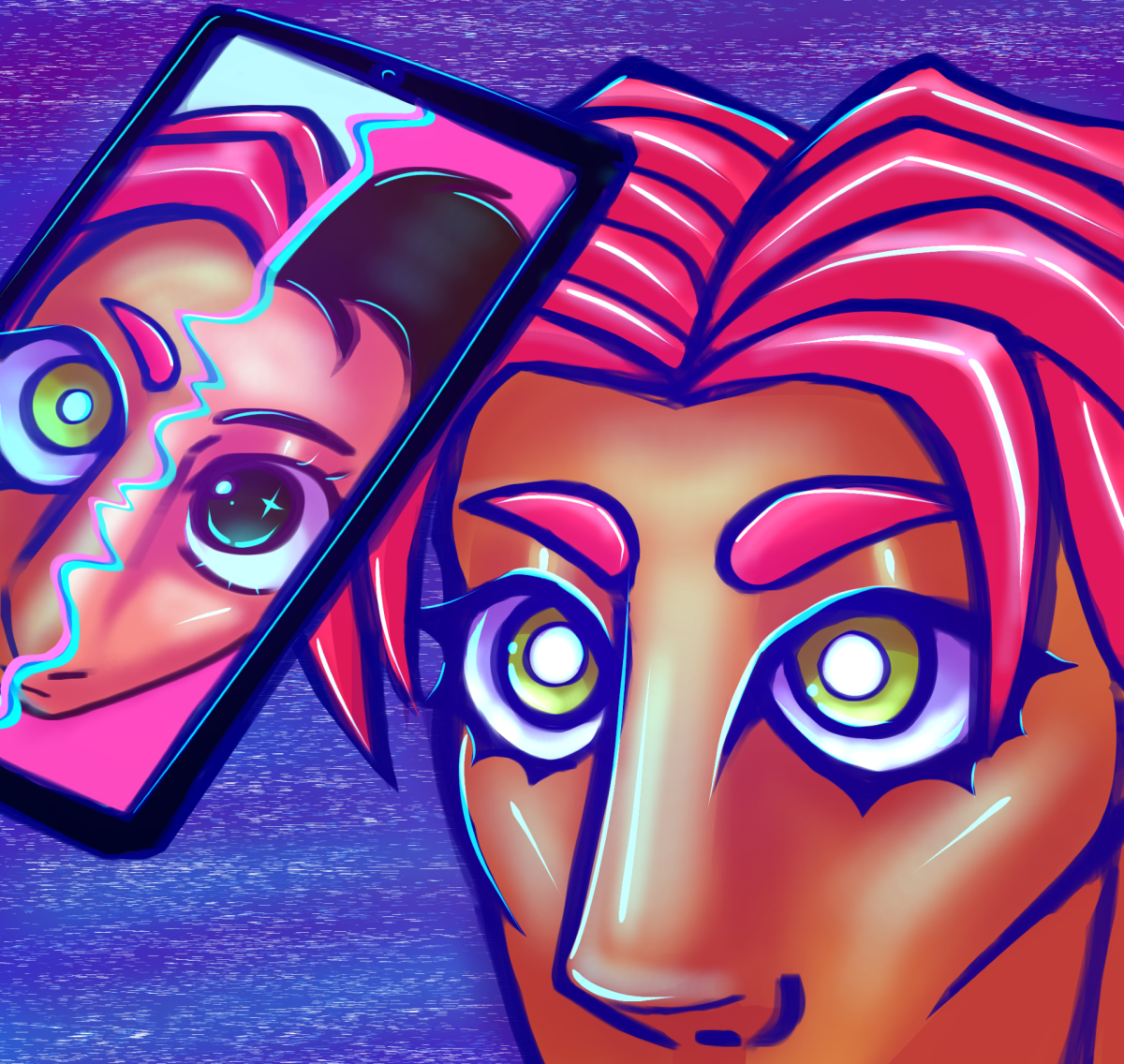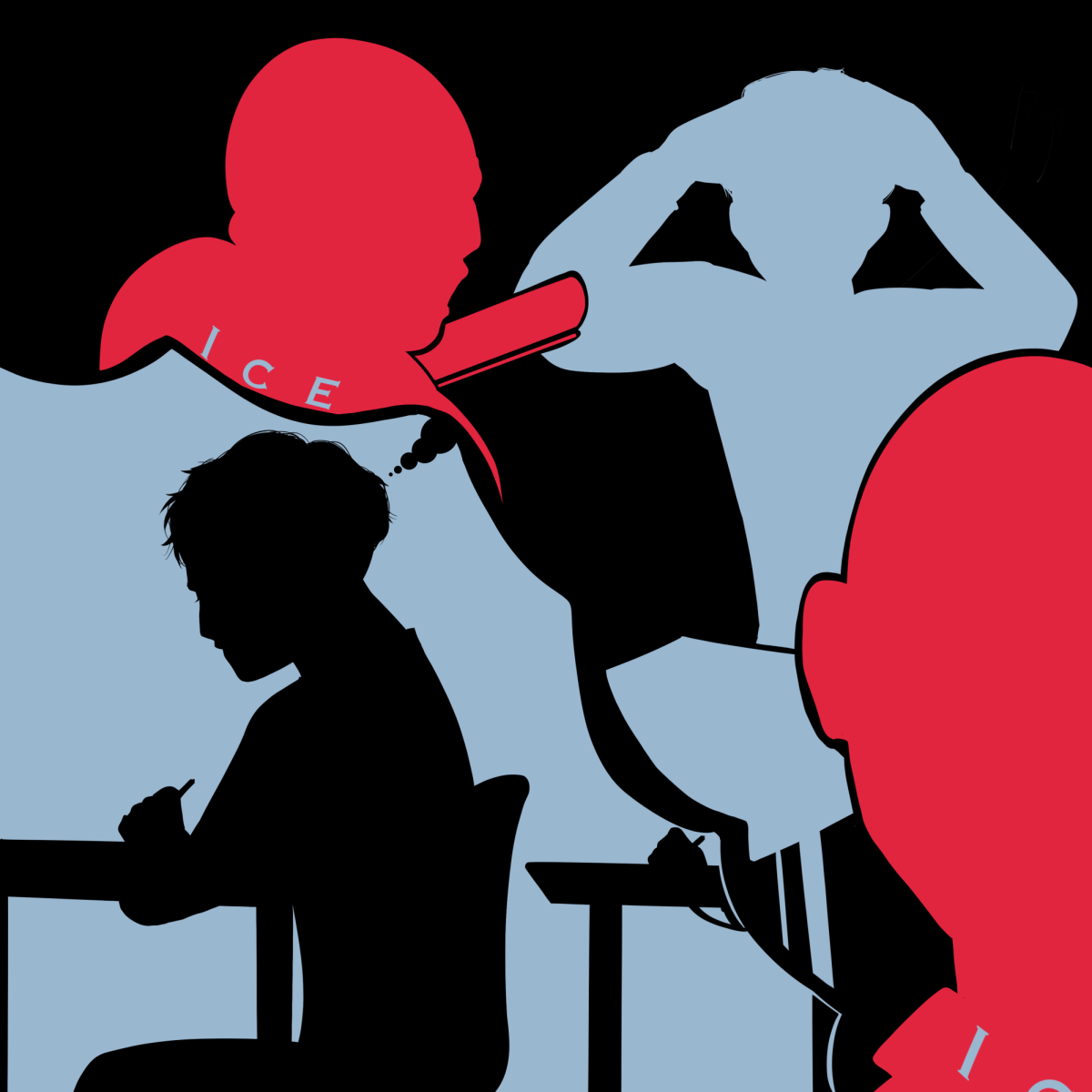Esta historia también esta disponible en Español aquí.
Ever since the advent of the smartphone, multiple language learning apps like Babbel, Pimsleur and Rocket Languages have helped people learn how to speak, listen, write and read in another language from the convenience of their mobile device. But by far the most popular of these app has been Duolingo. Our little green owl avatar friend has accompanied over 90 million people in learning new languages. The app prides itself on its diverse and fun learning styles and teaches dozens of languages including Spanish, Dutch, French and even Navajo.
It rose for many reasons, but one main reason could be the memes that have come out of the owl “threatening” users with things such messages as “Spanish or Vanish” Or “Dutch or the Crutch.” This playful but encouraging vibe brought a lot of attention to the app as well as many other jokes that led to its viral sensation. The company also has a strong social media presence and gained followers rapidly. The app also expanded into other subject areas on the heels of its success, with Duolingo Music and Duolingo Math. Overall, Duolingo has enjoyed much glory and fame in recent years, but when they announced that they will be switching to “an AI-first strategy,” as stated by CEO Luis von Ahn, it all comes crumbling down.
On April 30, Duolingo announced the service would add 148 new language courses to its app for users. However, significant backlash has plagued the brand as von Ahn confirmed in a public statement that they had used AI to develop these new courses.
“Developing our first 100 courses took about 12 years, and now, in about a year, we’re able to create and launch nearly 150 new courses,” von Ahn said in a press release. “This is a great example of how generative AI can directly benefit our learners.”
The topic of AI is one of the most controversial out there, with some users hating AI with a fiery passion and others seeing it as the future of technology. While Duolingo has not made active user numbers available to the public, users are reporting on social media that they’re ending their streaks on Duolingo in protest and switching to different apps.
When a company such as Duolingo starts to integrate AI, it can pose a threat to not only the company itself but those working for it. MSN is just one of several sources reporting that Duolingo has let go of multiple contractors in favor of AI. It’s already seen as disgusting by many when someone uses AI to generate something like art or essays for classes, but when learning a language, it’s fair to consider if AI is really reliable . AI learns from users and their past experiences to seem more human, which could be beneficial when learning a language, but it can also “learn” a lot of “facts” that are inaccurate. Cases of these have been seen in Google’s own AI search engine assistant Gemini, which frequently displays misinformation due to the sheer amount of lies published on the internet.
According to the app’s LinkedIn page, AI skills and experience are going to be a part of what Duolingo is looking for when they’re hiring new employees. They will stop getting language experts to do what AI can allegedly do, not to mention how existing employees are evaluated will be helped by AI in performance reviews. Duolingo has also said they will mentor employees with more training, mentorship and tools for incorporating AI. But when employees are put behind AI in the workplace, it’s fair to predict the quality of their work to get worse rather than better. Though not everything is as bad as it seems, as Duolingo will be reassigning repetitive tasks to AI, thus allowing workers to do more complex tasks. This might lead to less of a workload for employees and therefore less stress.
“It’s getting better because it’s adapting,” CHHS art teacher Ms. Sarah Honeywell said. “It’ll get better and I think it’ll keep getting better. I used to dislike Duolingo, but now I like it. I feel like I learn a lot more with AI.”
The majority public opinion on this, however, remains mixed at best. Many people are oftentimes caught in a language barrier because they cannot speak English and rely on apps like Duolingo to teach them, so is experimenting with AI really the best way to go? Or consider people who want to learn a new language to travel and maybe live in a new country entirely in the future. Duolingo has made a great impact in helping people learn languages, but it remains uncertain that the app will continue to do so as effectively and imaginatively with AI. Still, some are hopeful.
“I feel like if they’re using AI to give humans more important work and relieving the burden of busy work by giving it to AI, then I am fine with the [change],” Wali Dibba (9) said.
People tend to get mad because something is created with AI, but in this situation, is AI helpful? Hopefully, the fact that Duolingo is still just a company that cares about its users, AI or not…right? The company’s goal was to help people learn languages and only time will tell if they follow through on that promise.










